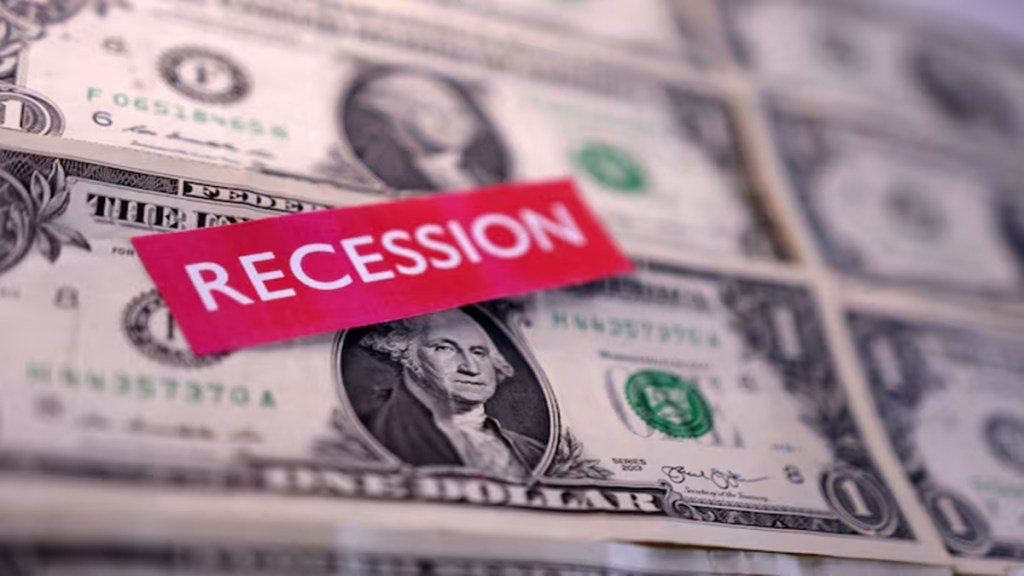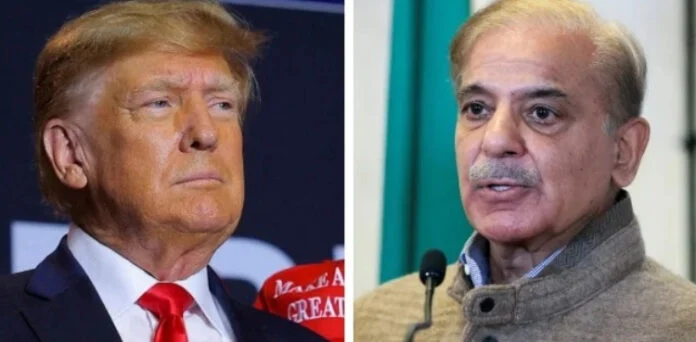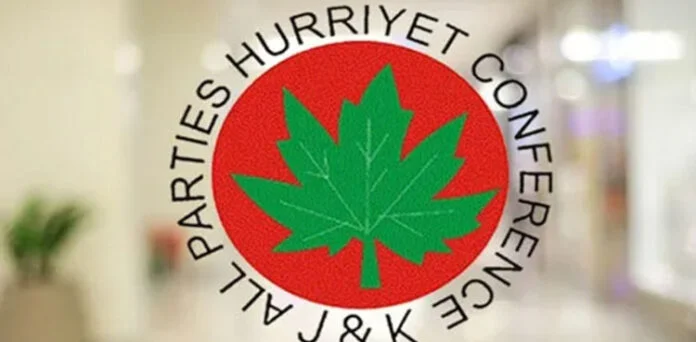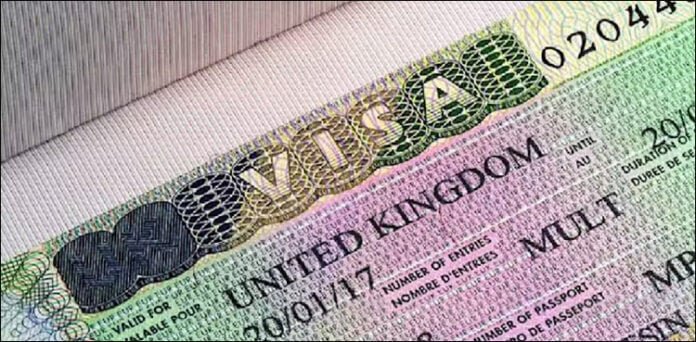
The global economy is facing mounting pressure, with the United States at the center of concern. Analysts and policymakers are closely watching how President Trump’s tariff policies may impact economic growth. Though the tariffs currently stand at a 10% base rate, fears are rising that continued or escalated trade restrictions could trigger a recession. Federal Reserve Chair Jerome Powell has acknowledged that the economic consequences of the tariffs may be more severe than initially expected, potentially leading to both higher inflation and slower growth.
While the U.S. has paused reciprocal tariffs until at least early July, giving countries a 90-day window to negotiate, tensions remain high—especially with China. The ongoing trade dispute between the two largest economies has intensified, with both sides enforcing tariffs. The outcome of these negotiations is seen as pivotal in preventing broader economic fallout.
Some leading economists and financial experts are warning that if current policies continue, the risk of recession is very real. Torsten Slok of Apollo believes there is a 90% chance of what he calls a “Voluntary Trade Reset Recession” in 2025, citing the damage high tariffs can do to smaller businesses, especially when they are forced to pay upfront costs for imported goods. The result could be shipping delays, canceled orders, and even bankruptcies across the retail sector.
JP Morgan CEO Jamie Dimon has projected a 50% chance of a U.S. recession by 2025, pointing to market instability and persistent inflation concerns driven by the tariffs. In his annual letter to shareholders, he emphasized the importance of caution as market volatility continues.
Economist Nouriel Roubini, known for his accurate prediction of the 2008 financial crisis, suggests the U.S. may avoid a recession if the Federal Reserve keeps interest rates stable and trade disputes ease. Still, he recommends that investors remain prepared for uncertainty.
Ray Dalio of Bridgewater Associates also sees a potential downturn on the horizon if the trade tensions are not managed properly. Mark Zandi from Moody’s Analytics goes even further, warning that a recession could begin within weeks if uncertainty continues to cloud business planning and consumer confidence.
Former Treasury Secretary Lawrence Summers has cautioned that the tariffs could result in the loss of up to 2 million American jobs, while current Treasury Secretary Scott Bessent downplayed recession concerns, arguing the tariffs are necessary and that the risk has been overstated.
Mohamed El-Erian, chief economic advisor at Allianz, pointed to a notable downgrade in expected growth, with projections now sitting between 1% and 1.5% for U.S. GDP—far below the IMF’s earlier estimate of 2.7%. At the same time, inflation expectations have risen significantly.
Goldman Sachs revised its forecast after Trump delayed further tariff action, lowering the probability of a recession to 45% and predicting modest GDP growth of 0.5%—a more optimistic view than just hours earlier, when their forecast pointed to a 1% GDP decline and a 65% chance of recession.
The IMF and major financial institutions like Bank of America, Morgan Stanley, and JPMorgan Chase are divided, with recession odds ranging between 40% and 60% depending on the scenario. Bank of America remains more optimistic, forecasting no recession this year, while JPMorgan and Morgan Stanley are more cautious.
Kevin Hassett of the National Economic Council remains confident, saying that discussions with business leaders suggest tariff-related uncertainty won’t be enough to push the economy into a downturn next year.
Whether the U.S. avoids a full-blown recession remains to be seen, but experts broadly agree that the current trade policies are slowing growth and increasing economic uncertainty across global markets.


















